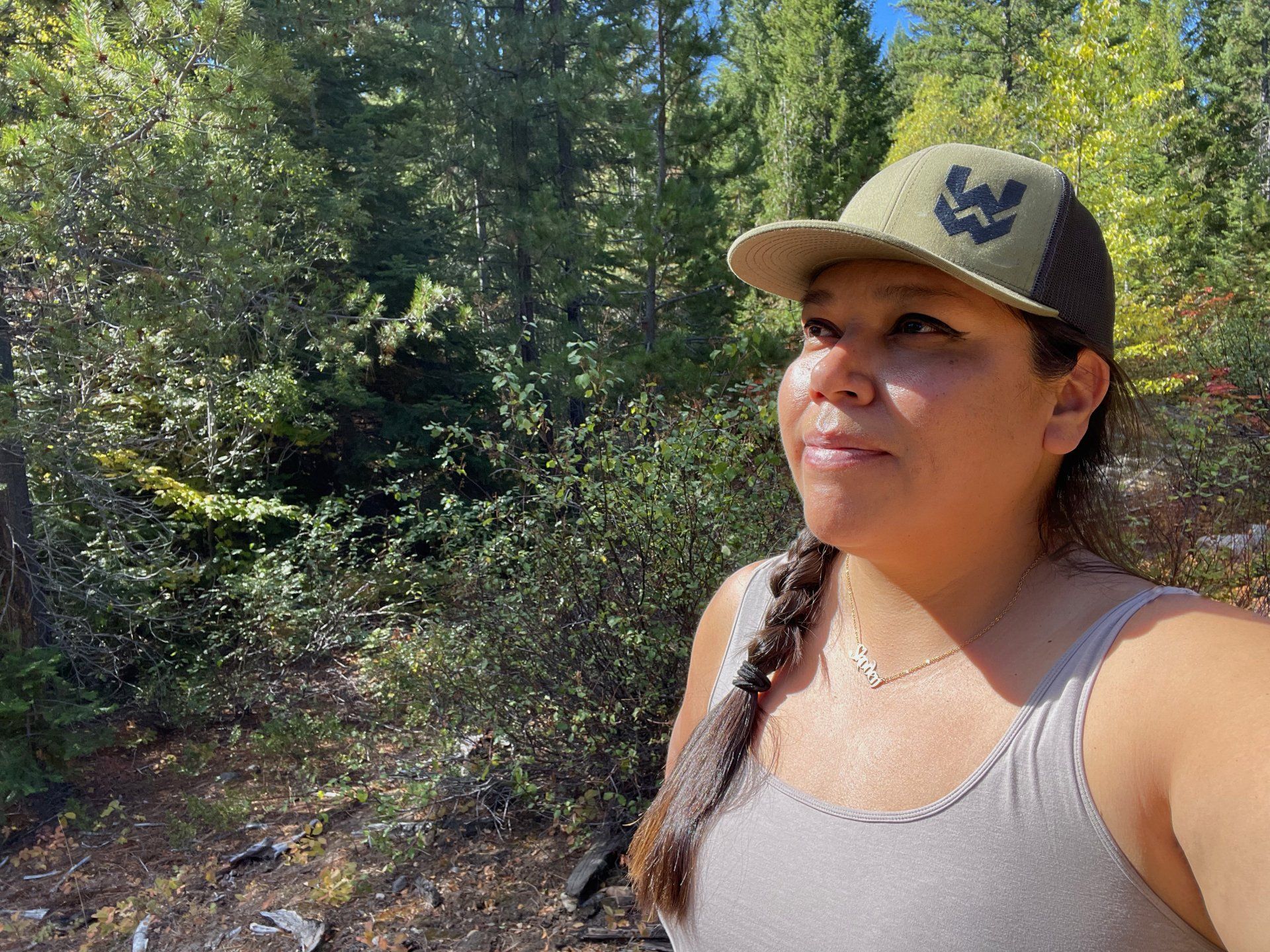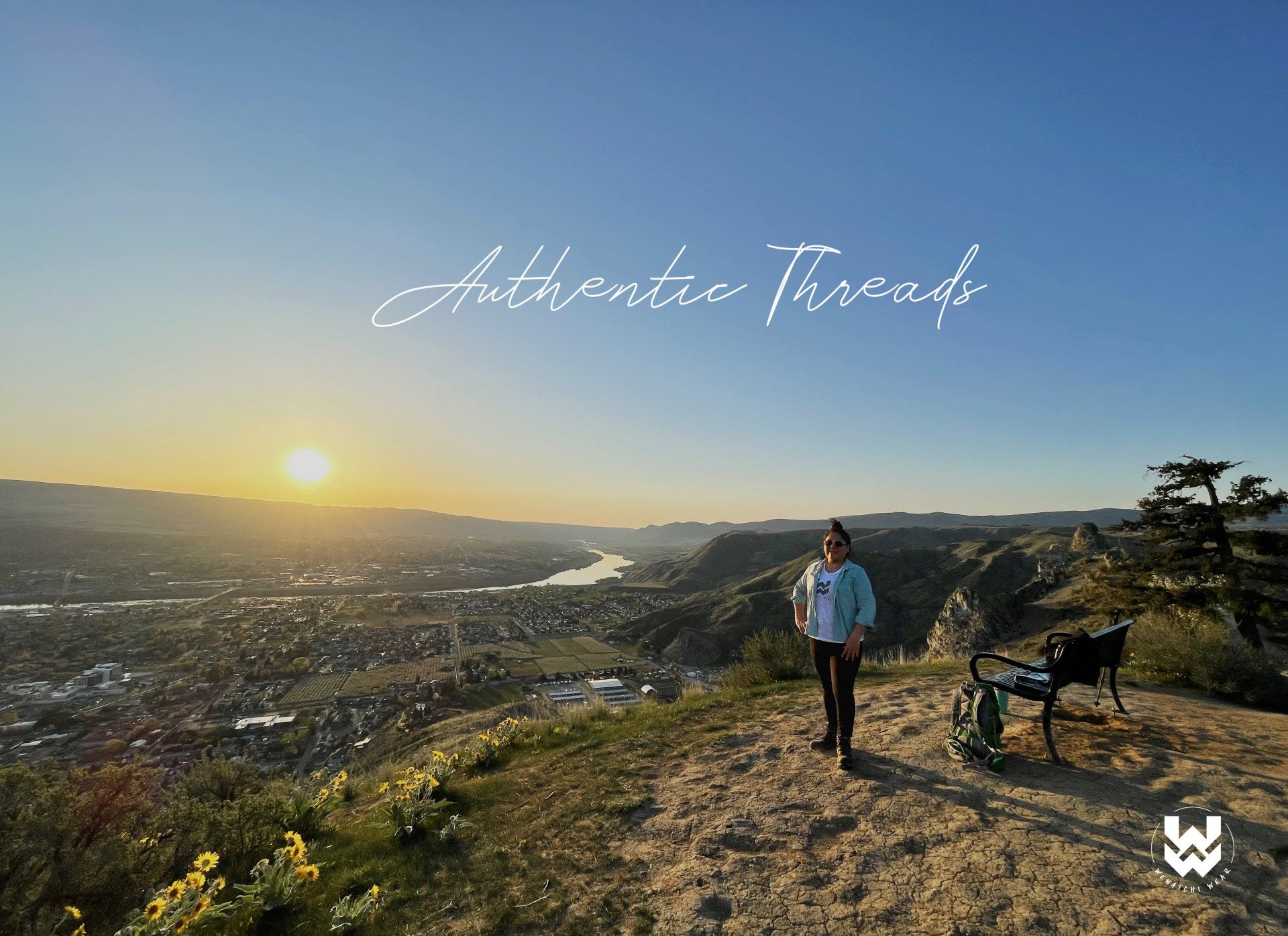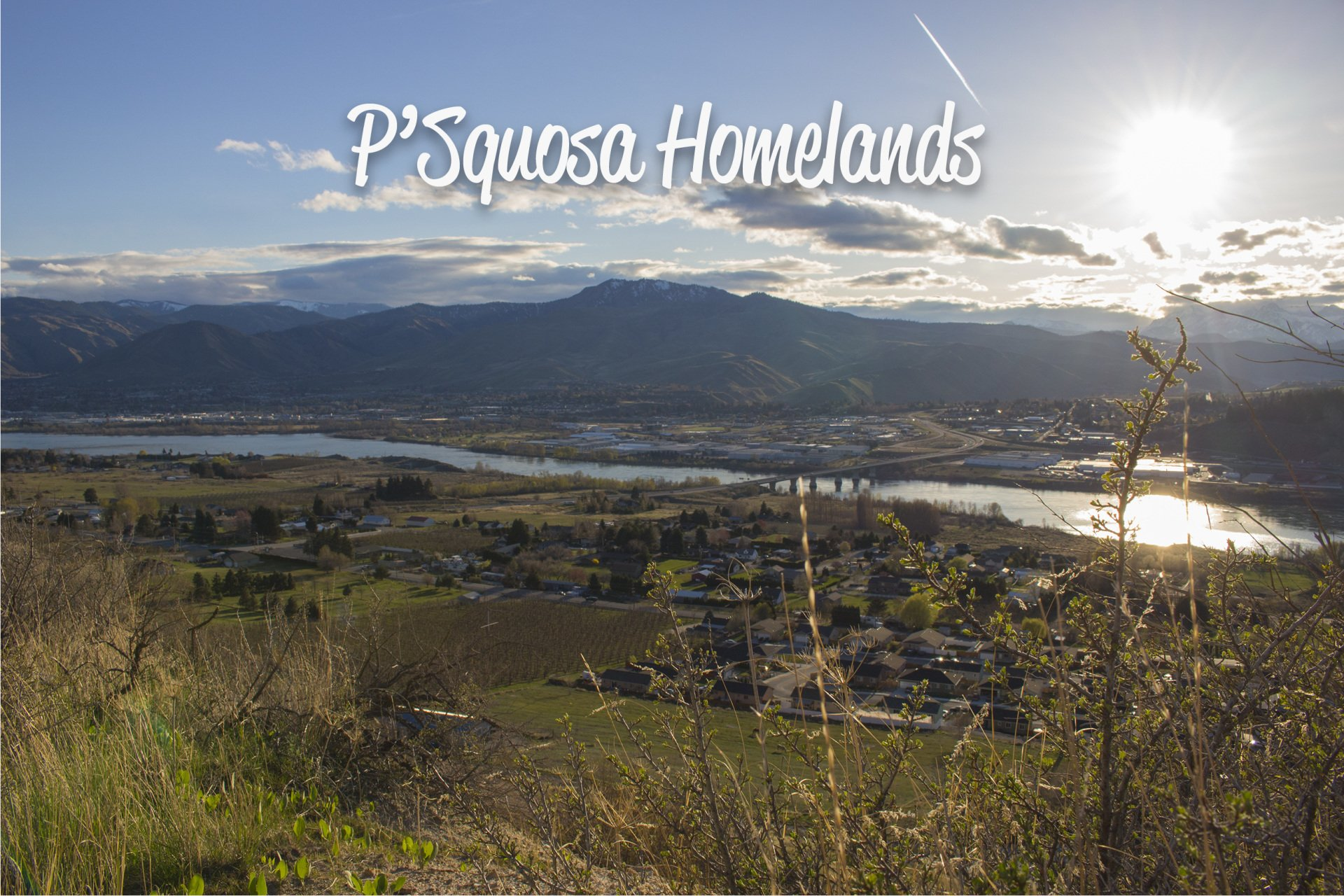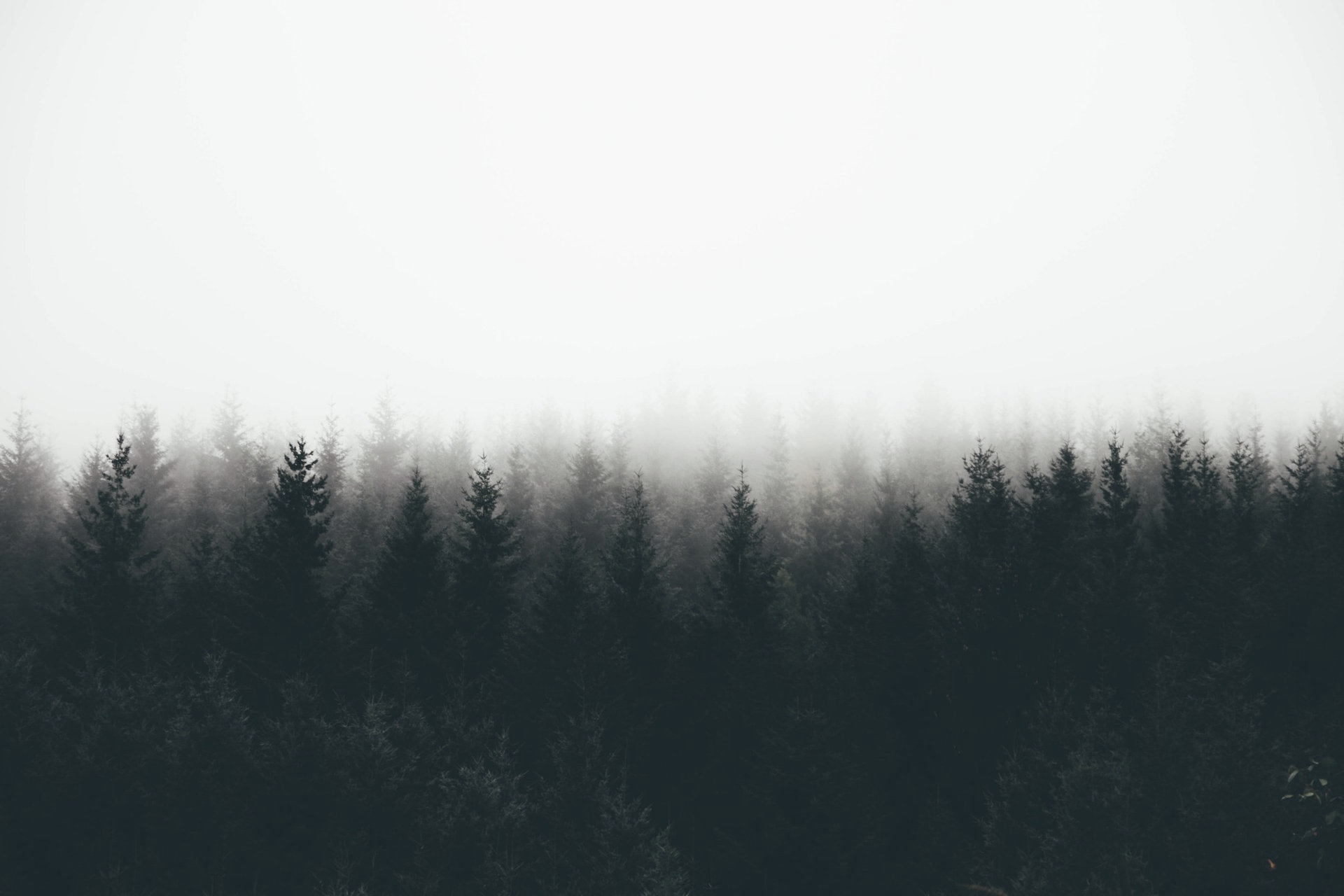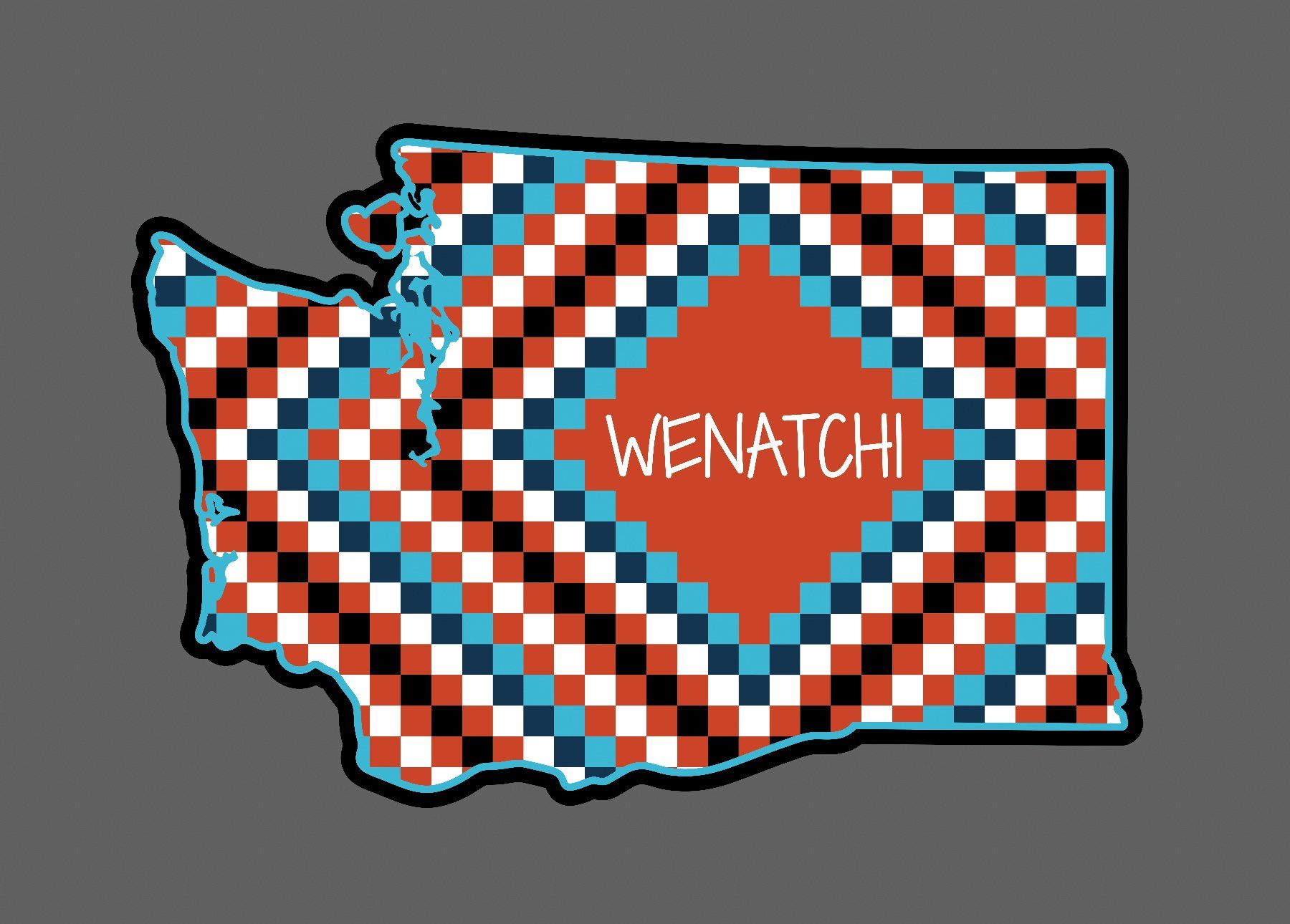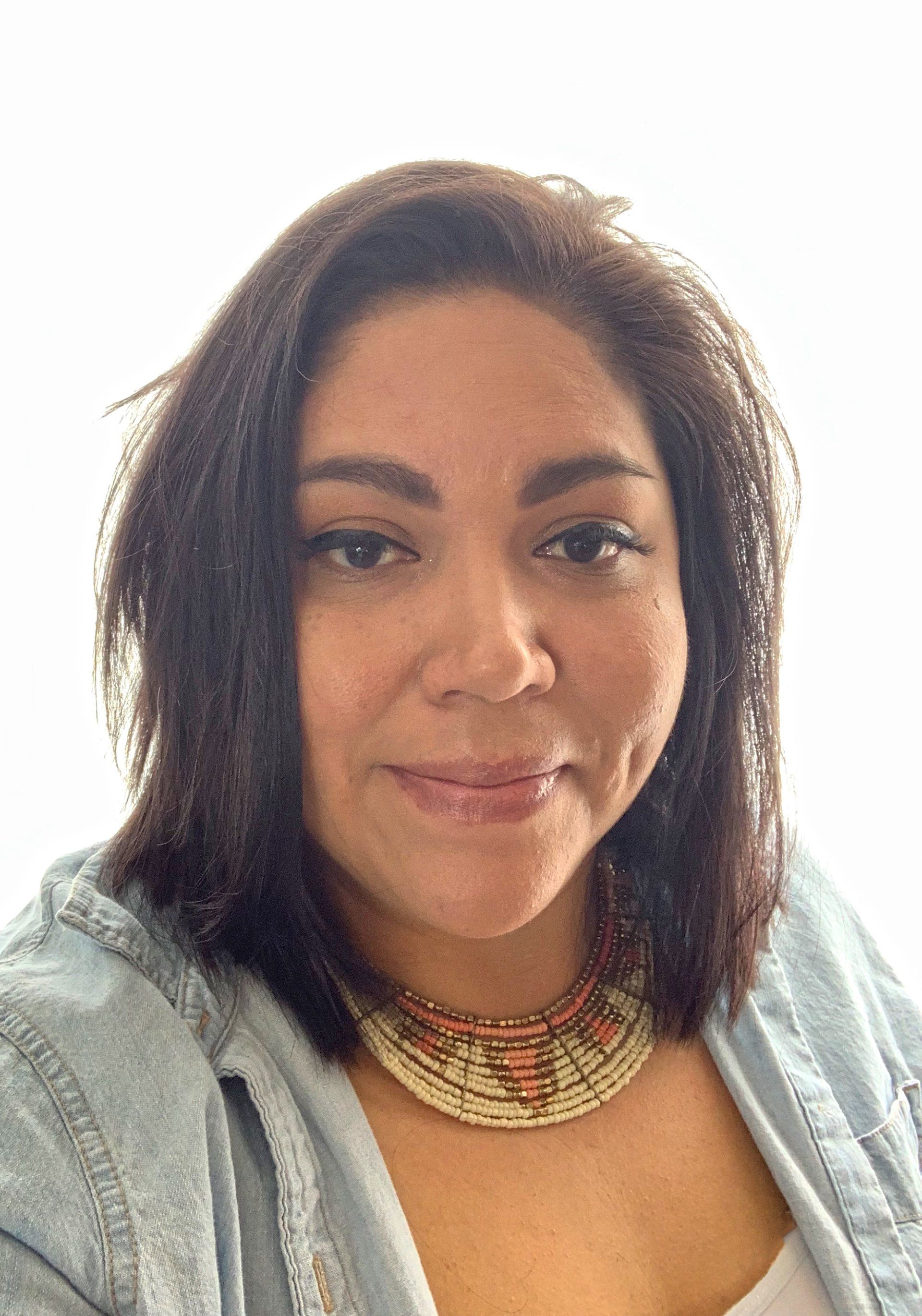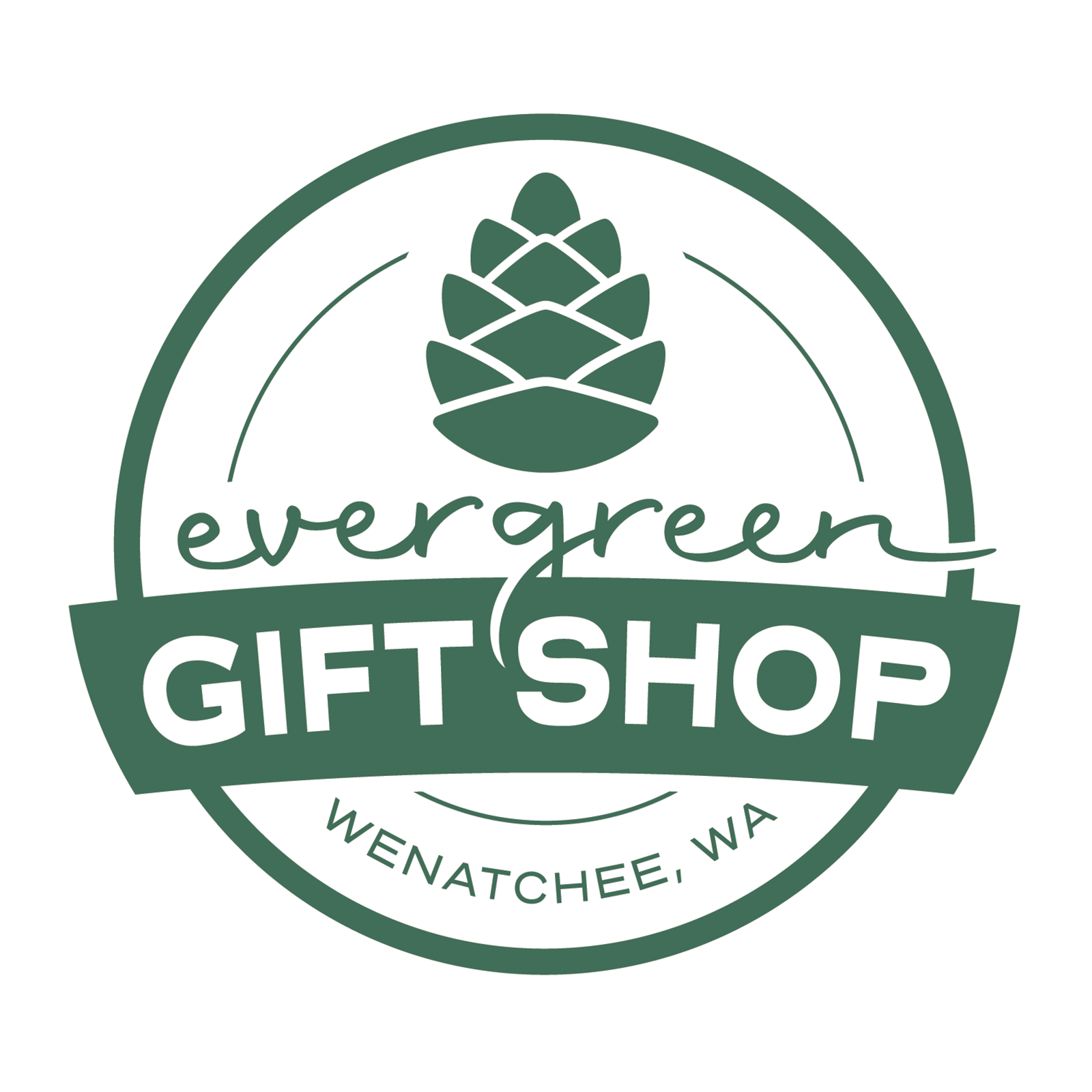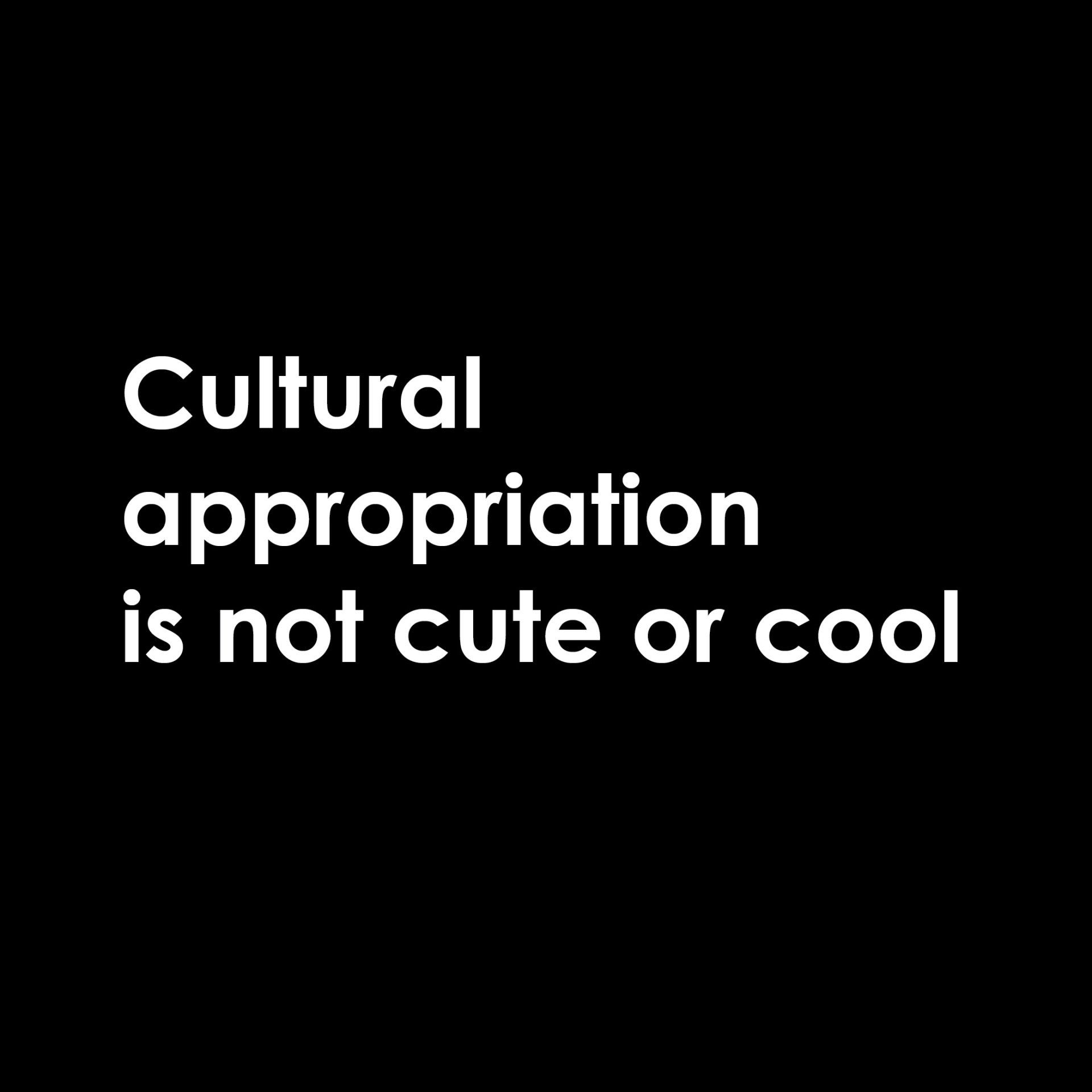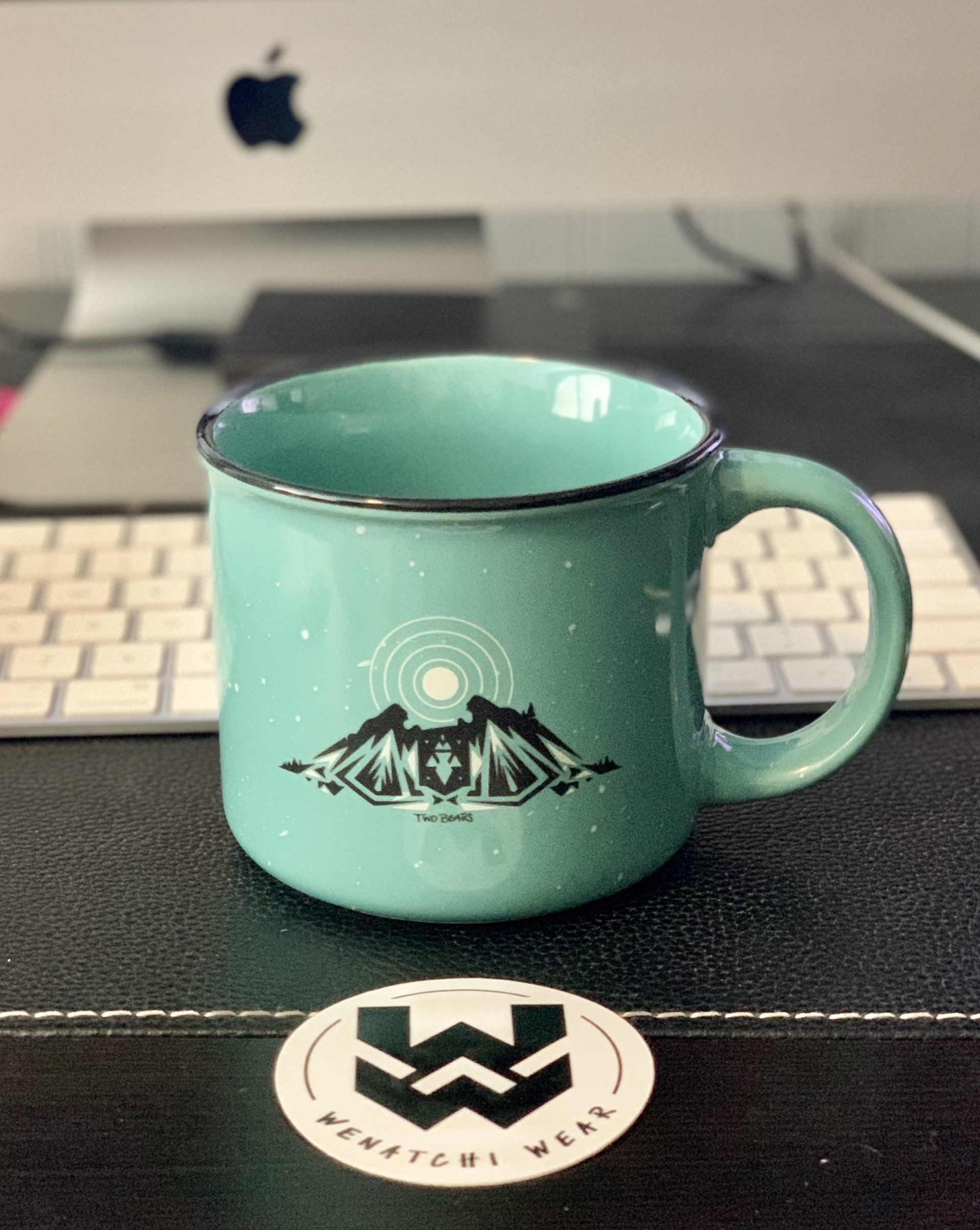The Sometimes Lonely Journey of Entrepreneurship. What is Shopping Local?
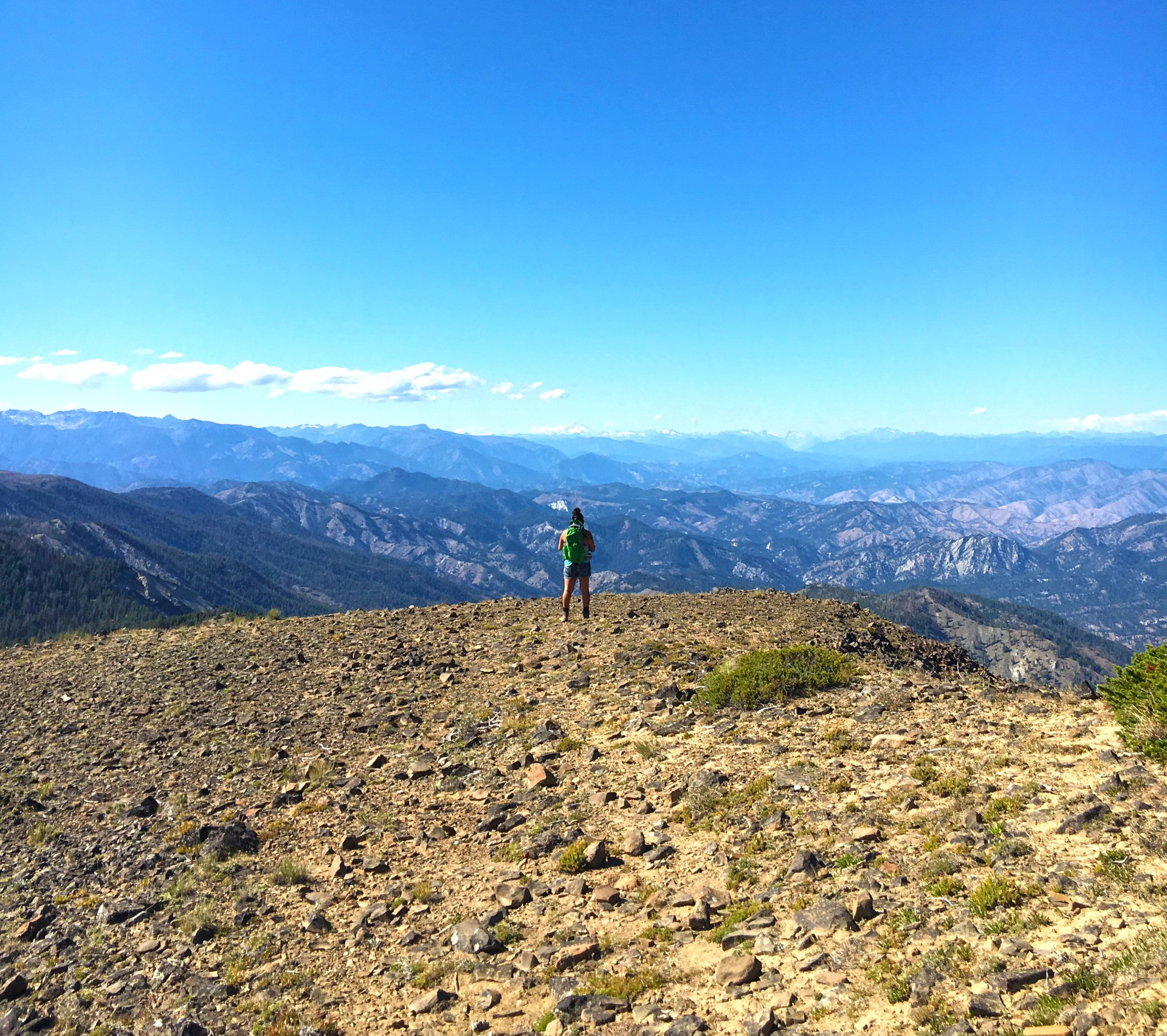
Photo is of me hiking Mission Peak looking out at the mountains.
I recently had the opportunity to speak at a conference that was focused around revitalization of main streets throughout Washington State. This was a chance for me to share my experience as a small business owner of not only one small business but two businesses as well as launching a nonprofit. Every time I chat with new Entreprenuers, I learn something. That is why our first business is structured around providing services to new small businesses and getting them started on the right foot with a strong brand presence. There is a mutual understanding of what it takes to work for yourself and it is not often shared with non business owners.
As I began to prepare for my speech, I contemplated several topics. I chose to speak from my heart. I prefer to chat with the audience rather than reading from a script as it provides engagement with the audience. Speaking in front of large groups or even small groups has not always been a strength of mine, but I found that speaking about my experiences is easier. For visual graphics, I took the time to update our ‘About page’ on our website. Here I added photos from hiking adventures my husband & I have been on over the years, with little tid bits of our journey. I shared my experience growing up in a primarily white community and that I sought a connection I had never experienced or known. My connection to my culture has given me a lot - the courage to show up authentically. It has given me purpose and understanding. It has given me more than words can describe or rather more than the English language can relay.
The session ended with great questions from the audience. I was also asked to participate in a panel discussion the following day and given the opportunity to set up a booth in the hallway of the closing plenary. While I appreciated the opportunity, as a true small business of 2 people (husband & wife team) and a part time employee, it adds to our already busy schedule. We stayed after hours at the shop, deciding what we would load up into totes and play Jenga as we strategically place the merch in our car. I created a checklist for pop up booths, making sure I do not forget necessary things like the Square reader or cashbox (earlier in the week, I check to make sure we have enough change for our in shop as well as pop ups - going to the bank to get change is another task to the daily routine as the majority of our transactions are digitally.)
From there we unload everything from the car and begin to set up our booth. Pair the phones with our card reader, sit & wait for customers.
As we have been in our new space for a year now, we have been participating in more pop up’s the later part of 2022. Mostly local as it is time consuming to attend, prepare, travel, all while putting the other business on hold.
In 2019 we participated in more pop up events and I feel that is where you figure out which events are fruitful for your business. The measurement of the greatest return on your investment can be based on actual sales, brand recognition or for the cause of the event. It is important to find the ones that are right for your business and it is okay to say no.
It is also important to understand your customers at the events, if you have a lot of inventory - what do you think customers at this particular event will be interested in.
So far, this blog piece is the tip of the iceberg that encompasses 2 days.
I can hardly remember what all happened last week without looking at my calendar. But that is how I operate, I like to stay busy. I joke and say that I stay busy to stay out of trouble. I am working on being okay with peace and that I do not have to live in chaos constantly. It is something I will be working towards for the rest of my life.
I had a chance to talk with another entrepreneur who recently opened a brick & mortar in town. People jokingly ask how late they worked the previous night and knowing those non-entrepreneurs do not fully comprehend all that goes into operating a business. We talked about how being an entrepreneur can be lonely. It seems like we are the only ones doing this grand venture and that we no longer have as much “free time” as we use to. Entreprenuers take the journey to being an only employee or often alongside a spouse or significant other, removing the social interactions of a large office.
As entrepreneurs we take on many roles. We often do not get to clock in at 8am & out at 5pm, unless we have a whole team who handles bookkeeping, inventory, social media/marketing, correspondence, creative in brainstorming new ideas/designs, meetings, maintenance, shop cleaner and oh yeah, the person who actually creates what you are selling.
I know there are great tools for Entreprenuers to utilize, but when? It is easy to say “You just need to make time.” Trust me if I could add more time to each day, I would and if I could be in several places at once I would. For now, my sanity is more important and the daily tasks take a lot of mental & physical energy.
During my speech I was asked when do I have time to sleep or what do I do in my free time? I usually respond with a sarcastic-humorous remark; sleep.
Honestly, I love to hike when I can, spend time with my family, go on hikes/walks with my dogs, lounge around and enjoy good food. Where I find my most personal growth, is when I am engaged culturally. That is attending culturally significant events like powwows, salmon bakes, ceremonies and more - in my “free time”.
Entrepreneurship is hard work, but it is rewarding. I taught an entrepreneur bootcamp earlier this year, and hearing everyone’s stories about their ‘why’ is reaffirming that passion is key. Entrepreneurship most often comes from previous life experiences and the business owner is 110% invested in the cause or purpose. A person saw a void and wanted to fill it. Is it the same way their neighbor would go about filling the void? Most likely not, but this person decided to take the leap into entrepreneurship and put their ideas out for all to see. This entrepreneur was willing to take the risk and show up, whereas the peanut gallery can sometimes seem the loudest. That gallery lacks action, but dishes out criticism by the bucket loads.
Being a small business owner means taking risks. Planning and hoping are two different things and sometimes plans take a complete 180. Entreprenuers are constantly adapting to change: rise of costs, lack of a key ingredient, pandemics, Mother Nature stepping in and much more.
The motto ‘Shop Local’ has several meanings, at least questions, comments from people I’ve encountered.
Walking into a small business and asking if everything is sourced locally is a good question to ask, but understanding that 99% of small businesses rely on other businesses to help with production or products. So no, we did not hand sew each shirt we print on. Neither does the big chain stores consumers throw money at with no questions asked.
I have been asked if we produce our own shirts. No negativity from a person who is searching to support that type of business, but that doesn’t define small businesses nor does that North Face jacket you are wearing support your stance.
Why are small businesses being scrutinized more than big chain stores?
What makes a small business worthy of consumers supporting?
What makes a BIPOC small business worthy of unscrutinized support from their community?
Do you see the irony of scrutinizing small businesses but not holding large corporations to the same standards? Granted small businesses are not operating at the scale of large businesses and it is unfair to assume all are the same.
Understand that small shops are in fact small. Take pride in the fact someone in your community decided to take on launching (insert a type of business) in your area for their community to enjoy & support.
Obviously, when small businesses are importing all of their products from China it is the furtherest away from the local vibe.
Many small shops utilize multiple revenue sources, so that when one aspect is not producing income another one can.
We are transparent with our products and the ones we do not produce in house, we seek out local Washington State businesses to support first and if we are unable to find one here we broaden to made in the US.
Our graphic design business has created connections with US/WA state businesses that structure their businesses working with graphic design professionals, like ourselves, and they run their multi million dollar machines. We have been there done that and would rather focus on high quality design paired with exceptional print. There are many local shops that are structured the same.
During the panel I was asked how has the community supported and how can they do better supporting.
I thought of the pandemic, where a local small business, SS Sub shop reached out to me via email. We had never met before, but she wanted to support local and purchase wholesale from us. I was excited for the partnership and to this day refer people to get a sub from SS Sub Shop. A local editor also reached out to ask if she could do a half hour segment on Wenatchi Wear and if my uncle Randy would be interested in being in it. This segment aired on local tv, several times a day and for several weeks at the beginning of the pandemic when many were staying home. This helped tremendously with online sales and I am grateful for these connections.
Ways the community can support further:
Appreciate the value small businesses bring to the communities.
Continue to support local. Do not undervalue or negotiate - I have had several instances when people try to make a deal with me for products aka they feel they deserve a discount. Watch our social media or sign up for our newsletter to catch sales.
If you want to carry wholesale, don't compare small business wholesale to large corporations. We do not mass produce our products and also have to make money back on what inventory we have. I work with several small shops, carrying wholesale and consignment in our shop. I ask for their wholesale pricing and purchase what is in my budget.
My suggestions on how to support local:
So the next time you are in a small business and ask if everything is done “in house”, understand that there are many components that are required for operating a business. I challenge you to ask the big box stores or large corporations the same questions. When you shop local you are investing in our local economy, you are making it possible for that business owner to pay their mortgage, to allow that company to provide jobs locally and provide funding for companies to make a living in our capitalistic economy.
Tying this into entrepreneurship & advocacy work, it often seems isolating. Choosing to have a voice for our relatives that were unable to speak our languages, practice our traditions, or to just exist as a Native American woman is tiring. Constantly having to explain why that last sentence is important is what makes the efforts seem to fall on deaf ears. We seem to come together throughout history to take a stand, united against systemic racism and social injustices only for the fuel to fall on BIPOC. This is my passion and I am grateful to pair with my source of income/job.
I am sharing to tell you that even when interlocking systems of oppression breath down our neck, Entreprenuers still dare to dream beyond the confines. We still decide to break out our sketch books and pencils (or insert your passion) to be creative.
We can all come together to make the small businesses in our communities successful. Take a moment to learn about the “why’s” of local entrepreneurs to have a better understanding and appreciation of their journeys. Put those shop local words into action by supporting local businesses through purchasing, promoting through social media & email, share with your friends & family, and show up to their events.
Wenatchi Wear Journal
